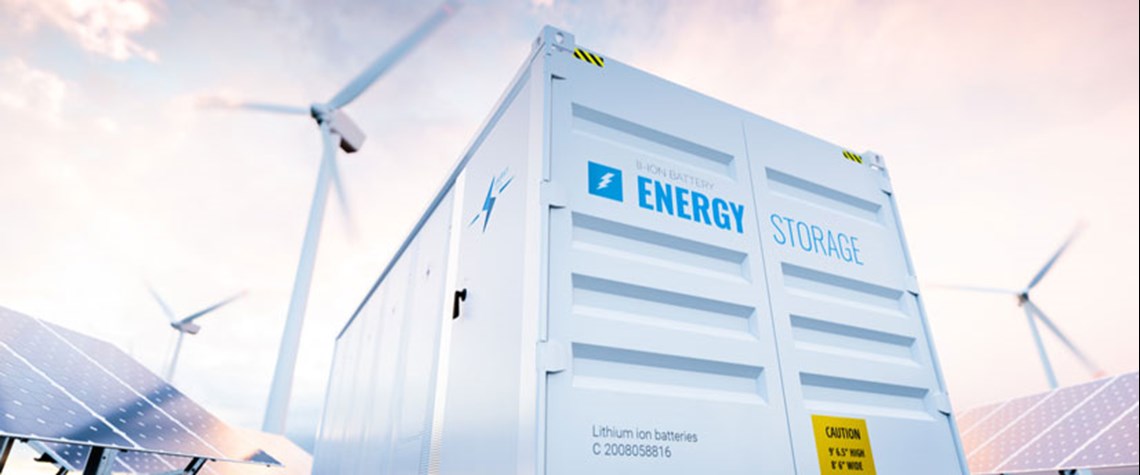European power trading innovation: The rise of PPAs
The end of guaranteed prices for renewables generation is sparking a revolution in risk management
A power-purchase agreement (PPA) sounds inherently very simple. One party agrees to sell power in certain volumes over a certain period for a certain price, the other to buy. But a renewable power asset is decidedly less simple, not producing a predictable volume of energy. Nor is the future price of electricity certain, or even observable beyond the liquid traded market. With PPAs the preferred method of underpinning the investment case in renewables assets, it is not surprising, Michael Waldner, CEO of software firm Pexapark tells Petroleum Economist, that understanding their price risk has become so important. Pexapark CEO Michael Wald

Also in this section
27 February 2026
LNG would serve as a backup supply source as domestic gas declines and the country’s energy system comes under stress during periods of low hydropower output and high energy demand
27 February 2026
The assumption that oil markets will re-route and work around sanctions is being tested, and it is the physical infrastructure that is acting as the constraint
27 February 2026
The 25th WPC Energy Congress to take place in tandem as part of a coordinated week of high-level ministerial, institutional and industry engagements
27 February 2026
The deepwater sector must be brave by fast-tracking projects and making progress to seize huge offshore opportunities and not become bogged down by capacity constraints and consolidation







